Using 27 liters of blood to complete 605 pages, the Koran of former Iraqi leader Saddam Hussein once caused much controversy in the Muslim world .
Hidden in a secret vault deep beneath the Umm al-Qura mosque in Baghdad, the Koran is a copy of the Muslim holy book, written in the blood of former Iraqi president Saddam Hussein, who ruled from 1979 to 2003.
Mr. Hussein is said to have commissioned the calligrapher Abbas Shakir Joody al-Baghdadi to copy the book of blood on April 28, 1998, on the occasion of his 61st birthday. However, some others say this date was in 1997 on the occasion of his 60th birthday.
One event that prompted the former Iraqi president to do this was his son, Uday Hussein, narrowly escaping an assassination attempt on December 12, 1996. In a letter released in 2000, Mr. Hussein explained that the book was written to thank God for keeping him safe through “many plots and dangers” throughout his political career.
"My life was full of dangers that should have cost me a lot of blood. But since I only lost a little, I asked someone to write the words of the Supreme Being in my blood to express my gratitude," he said.
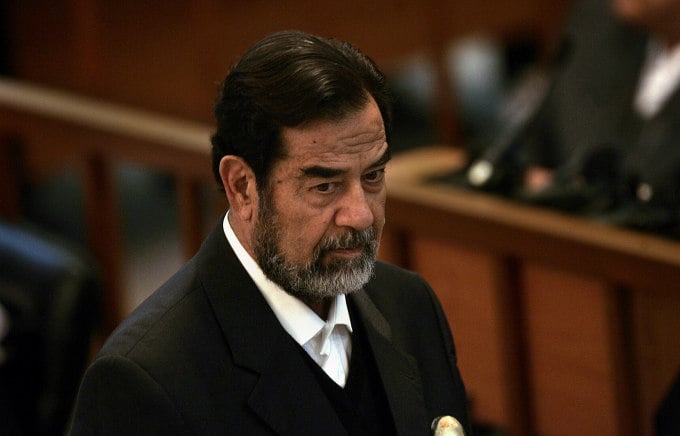
Former Iraqi President Saddam Hussein during his trial in Baghdad in December 2006. Photo: AFP
In the two years since commissioning the blood copying, the nurse took 27 liters of Hussein's blood and gave it to al-Baghdadi. After treating the blood with chemicals, the calligrapher used the liquid to copy all 114 chapters with about 6,000 verses, 336,000 words of the Koran.
Completed in 2000, the 605-page Koran is written in 2cm-high type with intricate red, black and blue borders. It is encased in a gold frame and is displayed in Baghdad's Umm al-Ma'arik mosque. Hussein built the mosque to commemorate what he called his "victory" in the 1990-1991 Gulf War and completed it in 2001. Only a small group of Hussein's special guests get to see it.
From the start, Hussein's blood Quran was controversial among Muslim clerics. Under Sharia law, human blood is considered unclean, and anything that comes into contact with it is also unclean. Writing the Quran in blood is therefore forbidden. The religious authorities of the UAE and Saudi Arabia issued statements condemning the act in 2000.
Calligrapher al-Baghdadi said he was aware of this but could not help but accept Mr. Hussein's orders. In a 2003 interview, al-Baghdadi, who later moved to the United States, said, "I don't like to talk about it. It's a pain in my life that I want to forget."
There is also controversy over the total amount of blood Mr. Hussein donated for the menstrual book. Normally, the maximum amount of blood a person can donate is about 3 liters per year. At that rate, it would have taken Mr. Hussein nearly 9 years to withdraw 27 liters of blood.
This has led some to speculate that the blood used to copy the scriptures was not entirely Hussein’s. However, these questions remain unanswered.
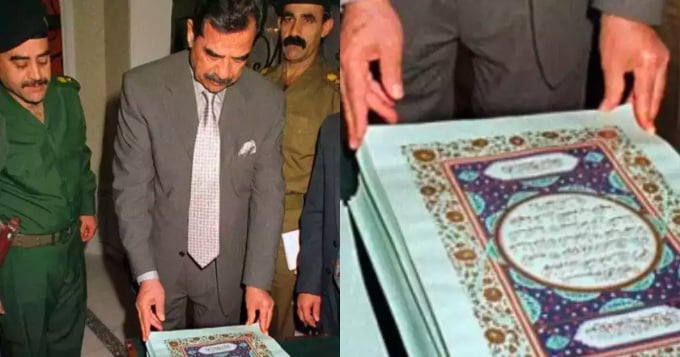
Mr. Hussein examines the book believed to be the Koran. Photo: PressWire18
The Quran was on display until April 2003, when US forces invaded Baghdad. As fighting engulfed the Iraqi capital, mosque custodians took the Quran and hid it. The cleric Ahmed al-Samarrai hid the book in his home. "We knew the Quran would be searched for, so we decided to protect it," he said.
In 2010, Mr. al-Samarrai said that after Mr. Hussein was overthrown, the holy book was kept in a secret basement under the mosque, now renamed Umm al-Qura, with three locked doors.
"The three keys are kept in three different places. I have one, the district police chief has one and one is hidden elsewhere in Baghdad. It takes the approval of a committee to enter that vault," said al-Samarrai.
Not only did the book spark religious controversy, it also sparked political controversy. Many members of the Iraqi government later feared that Hussein's legacy could promote the late leader's Ba'ath Party's revival efforts and proposed destroying it.
But many others disagree, arguing that Hussein and the Quran are part of Iraq's history. "He made a huge difference to Iraq, whether we like it or not. We don't have to bury the legacy of that period, but instead remember it and learn the lessons," said Mowaffak al-Rubaie, a former Iraqi national security adviser.
Thanh Tam (According to TIFO, Guardian, NBC News )
Source link


![[Photo] Super harvest moon shines brightly on Mid-Autumn Festival night around the world](https://vphoto.vietnam.vn/thumb/1200x675/vietnam/resource/IMAGE/2025/10/07/1759816565798_1759814567021-jpg.webp)













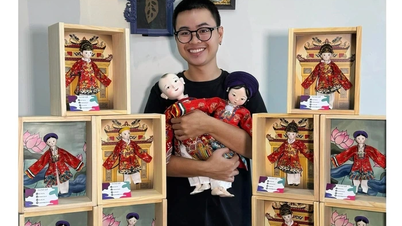








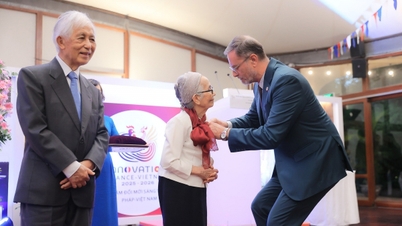




























































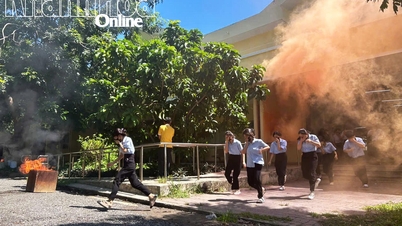















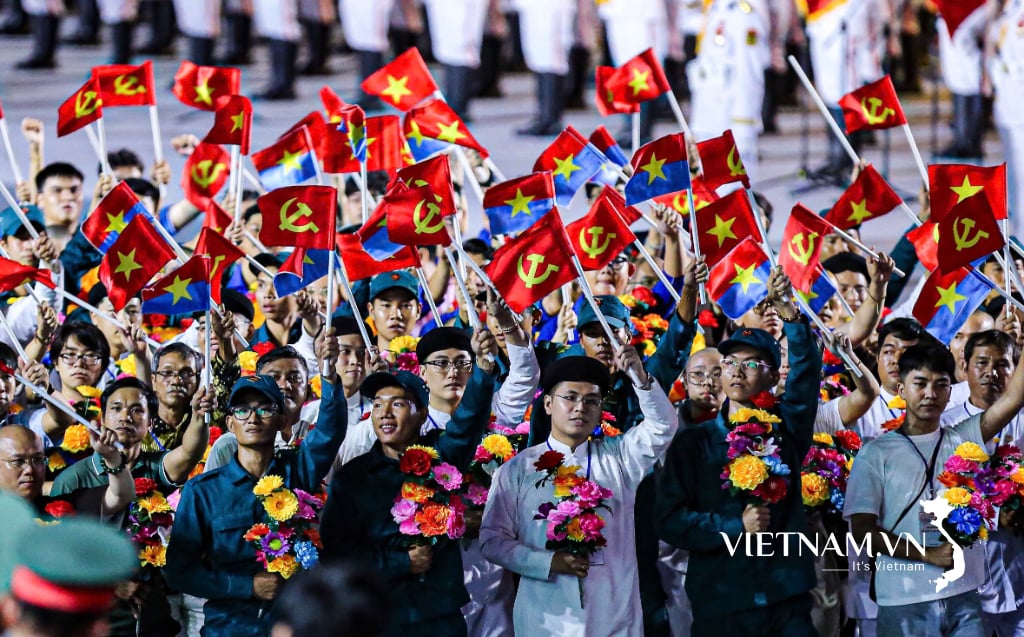

Comment (0)